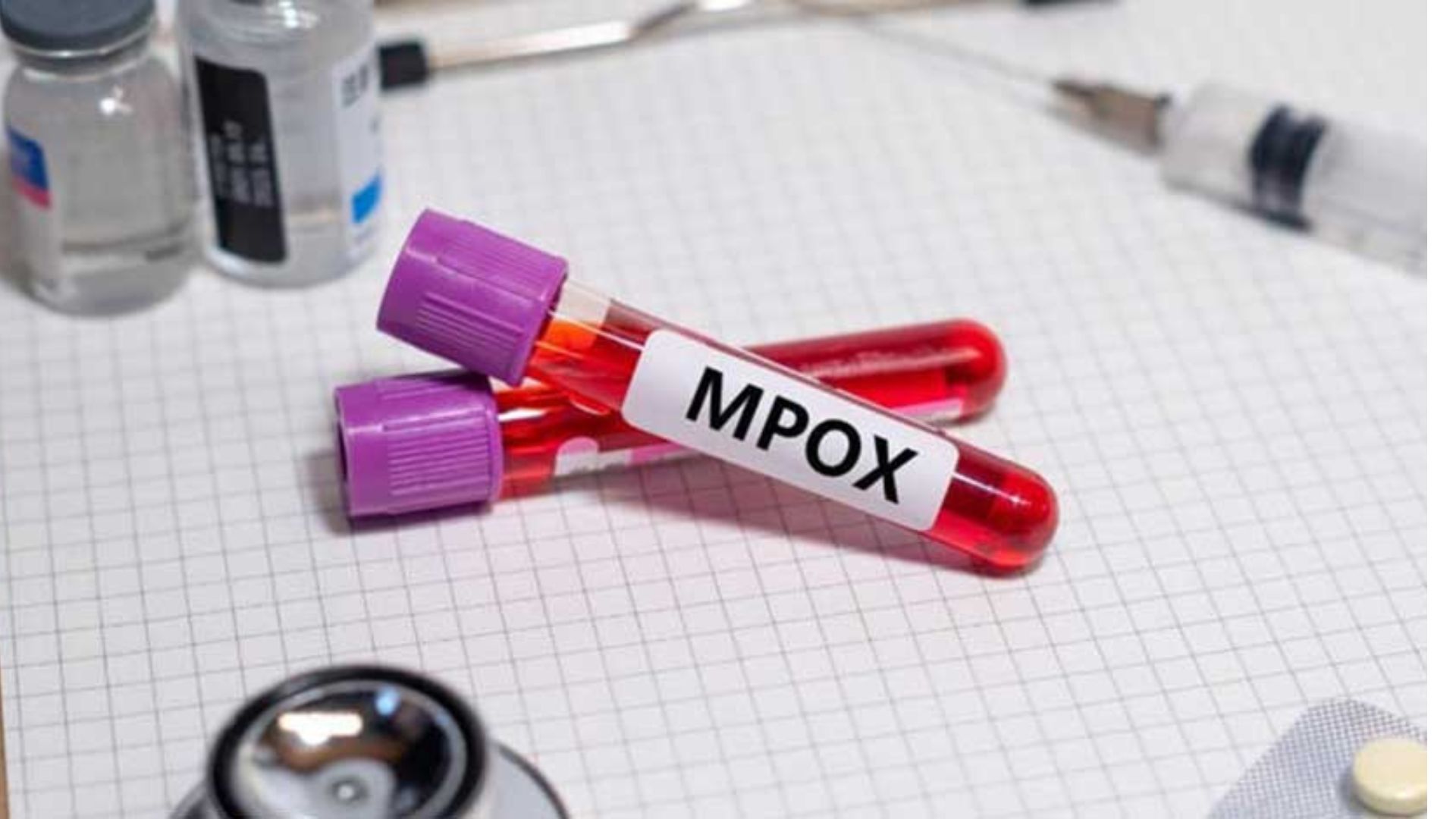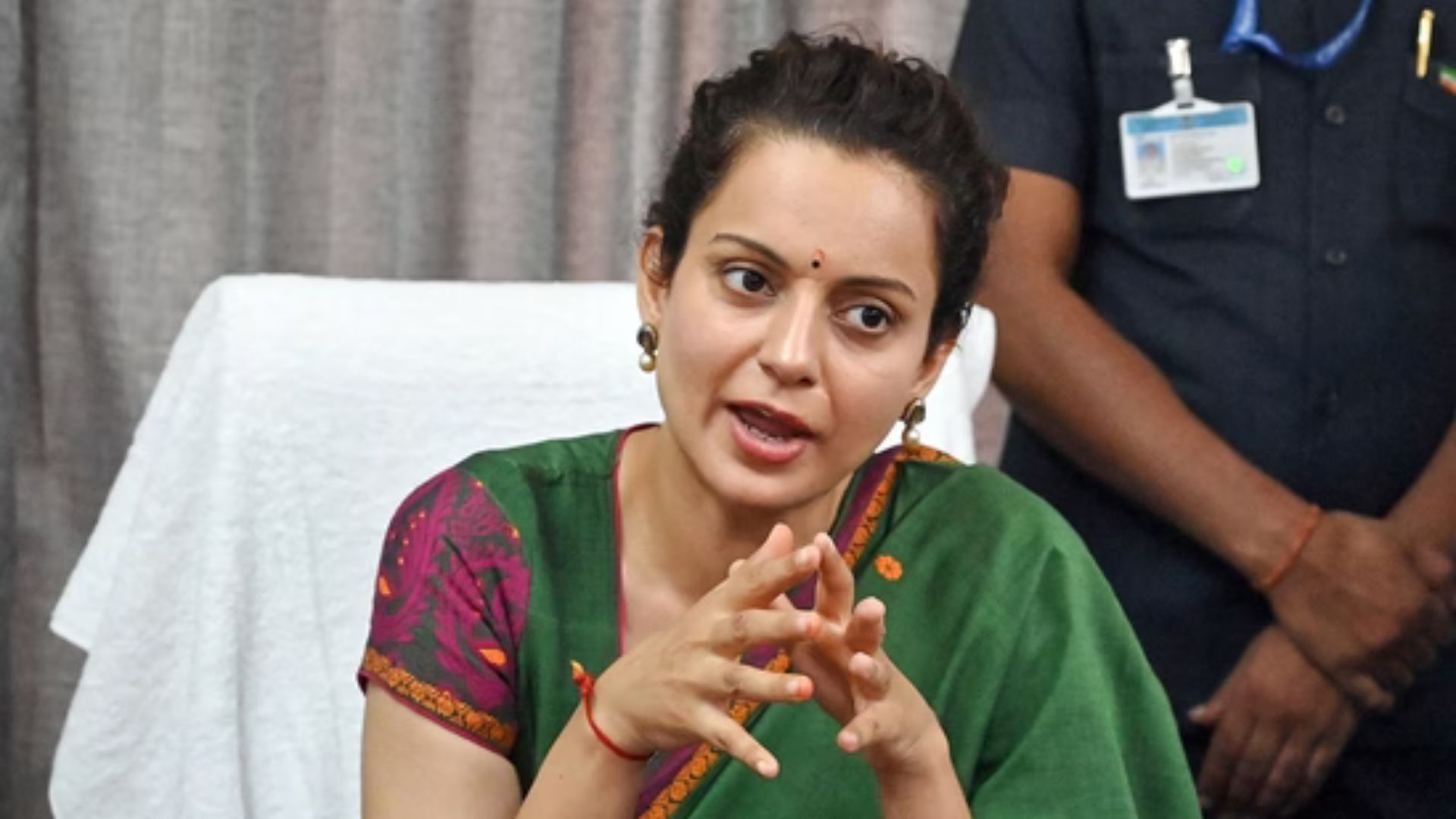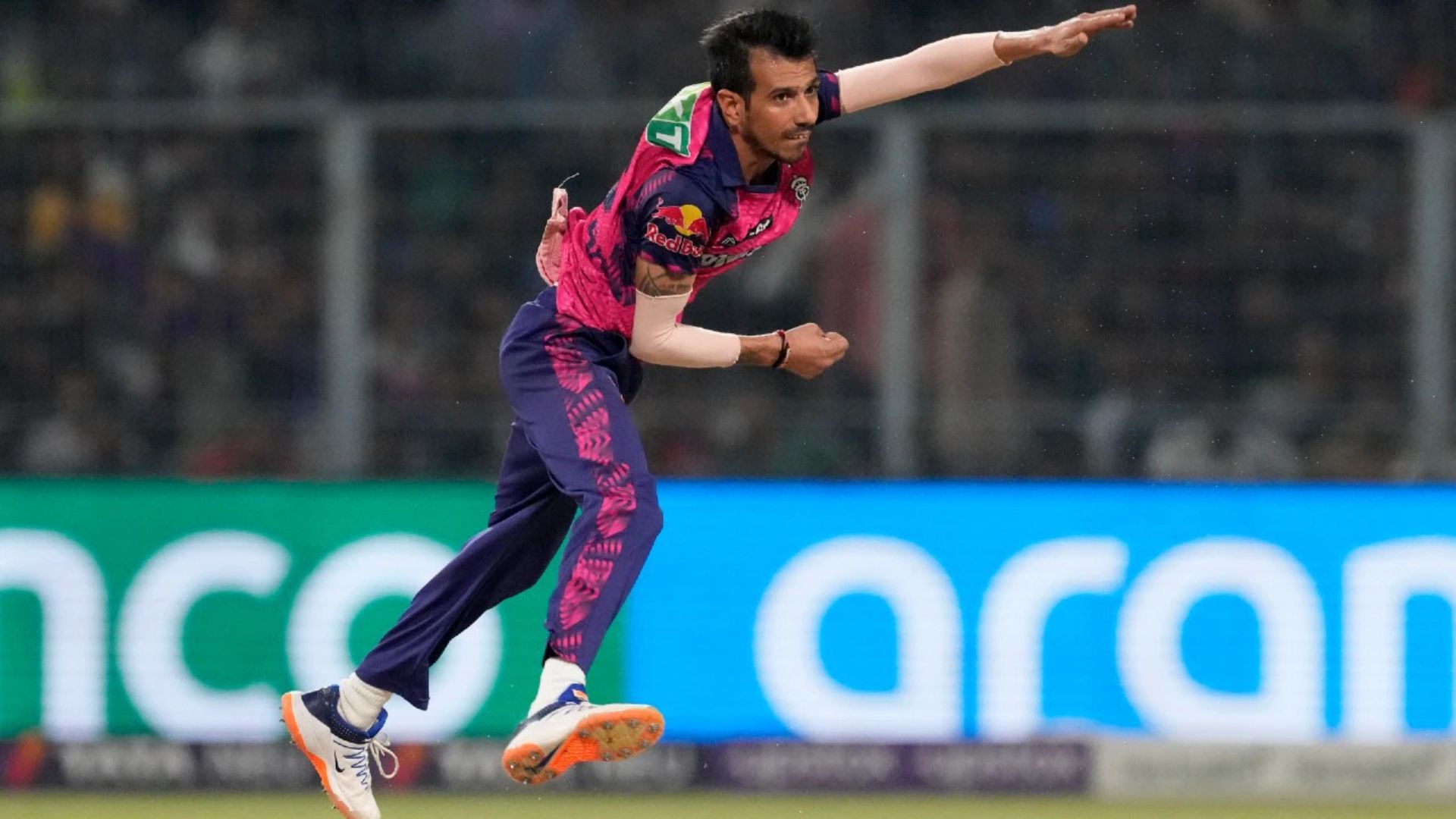
India has reported its first case with the new Monkeypox (Mpox) strain from Kerala. At least 32 Mpox cases and one death since 2022 when the infection was first detected in the country.
World Health Organization (WHO) declared monkeypox as a public health emergency of international concern (PHEIC) in July 2022 and subsequently revoked the same in May 2023. Globally, since 2022, WHO has reported 99,176 cases and 208 deaths due to monkeypox from 116 countries
It spreads to humans primarily through close contact with infected animals, particularly rodents or primates. Here are the main modes of transmission:
Yes, mpox is considered a communicable disease. It can spread from person to person through close contact, respiratory droplets, and contact with bodily fluids or lesions of an infected individual. This means that it can be transmitted between people, making it important to take precautions to limit its spread, especially during outbreaks. Said Dr Vibhu Kawatra Pediatric pulmonologist & Allergy specialist, Vibhu Nursing Home and Rainbow Hospital
Mpox:
Primarily spreads through close contact with infected animals or humans.
Can be transmitted through respiratory droplets, but typically requires prolonged face-to-face contact.
Also spreads through direct contact with lesions, bodily fluids, or contaminated objects.
COVID-19:
Spreads mainly through respiratory droplets when an infected person coughs, sneezes, talks, or breathes.
Can also be transmitted via aerosols in enclosed spaces and through contact with contaminated surfaces.
India’s response to COVID-19 highlighted the importance of rapid mobilization, mass vaccination drives, and strengthening public health infrastructure. For MPox, a similar but more focused approach is needed. Swift containment, widespread education on transmission, and vaccination for at-risk groups are critical. Early detection and clear communication are key to preventing escalation, as was seen with COVID-19. While MPox doesn’t pose the same widespread risk, preparedness and proactive strategies are essential to prevent outbreaks. Vaccine development is underway, with clinical trials in progress.
Unlike COVID-19, which spreads primarily through aerosol droplets, MPox is mainly transmitted through direct contact. This highlights the importance of strict adherence to contact precautions, including maintaining isolation for suspected cases to prevent further transmission. Said Dr. Ankita Baidya, Consultant- Infectious Disease, Manipal Hospital, Dwarka, New Delhi.
Mpox has seen localized outbreaks, but it has not demonstrated the same level of widespread transmission as COVID-19.
Governments can take several measures to prevent the spread of mpox, including:
Individuals can take several precautions to help prevent the spread of mpox
Wash hands frequently with soap and water or use hand sanitizer, especially after touching potentially contaminated surfaces or materials. Avoid touching your face, especially your eyes, nose, and mouth.















